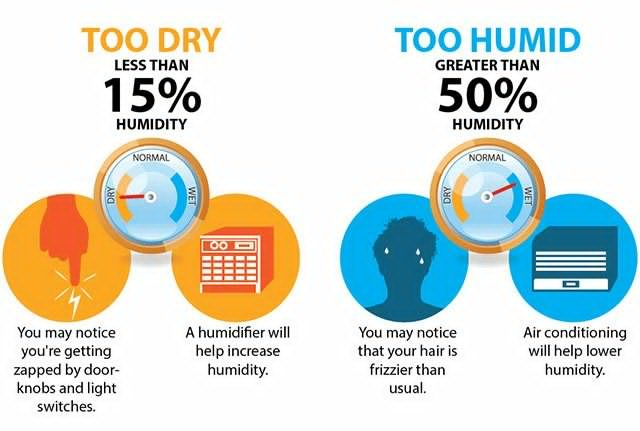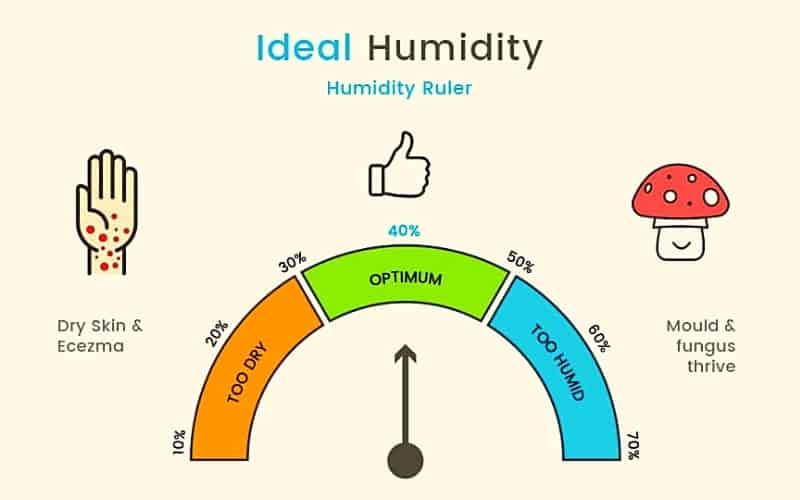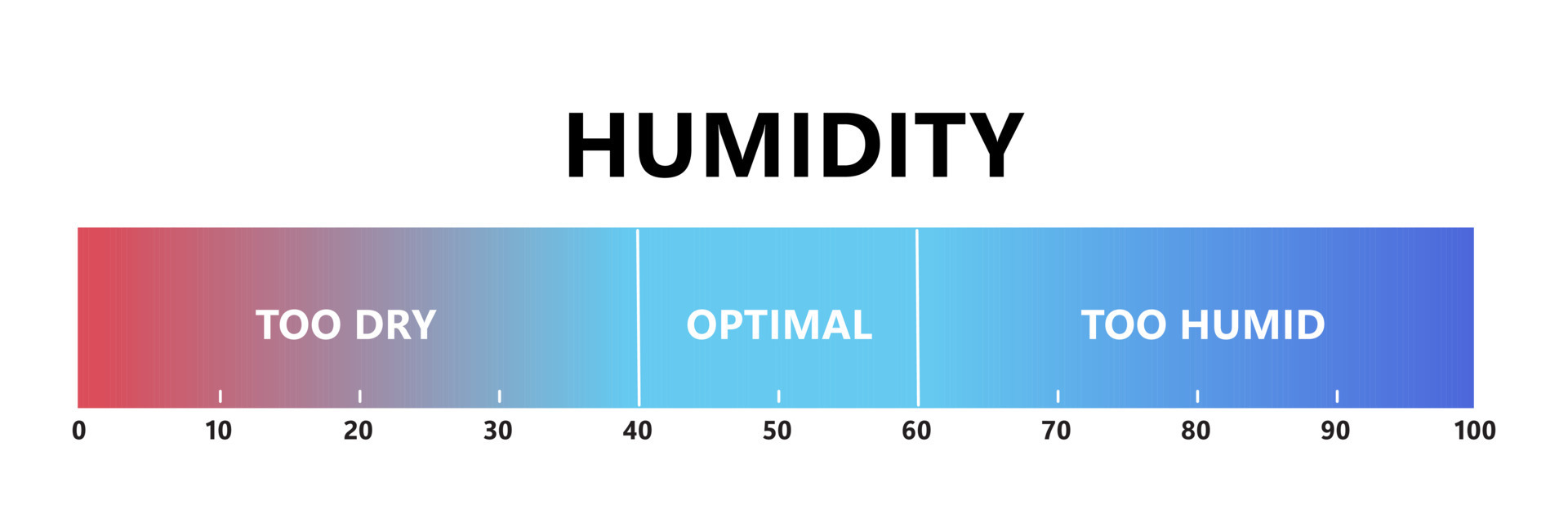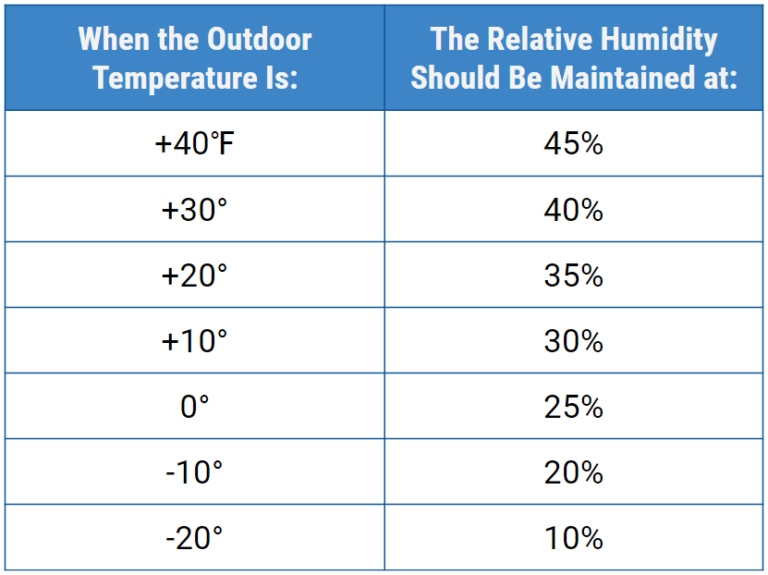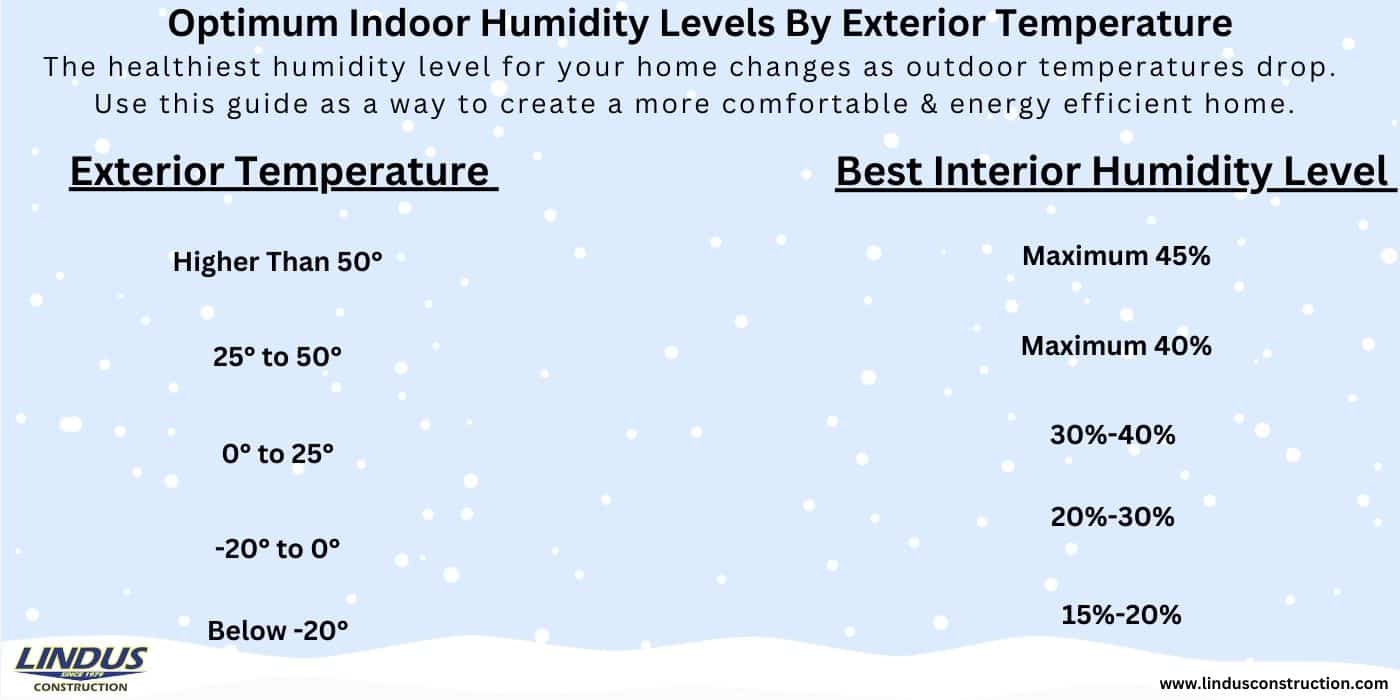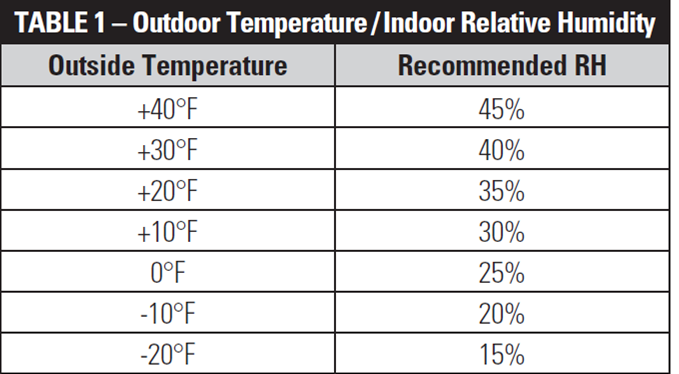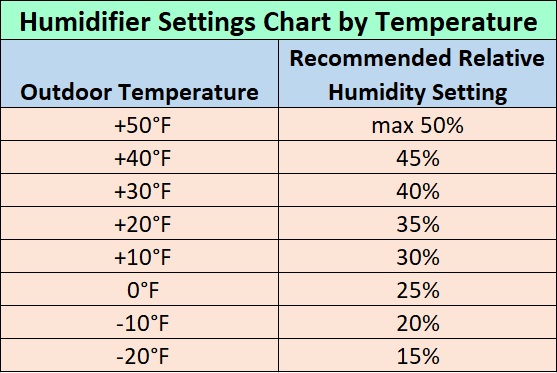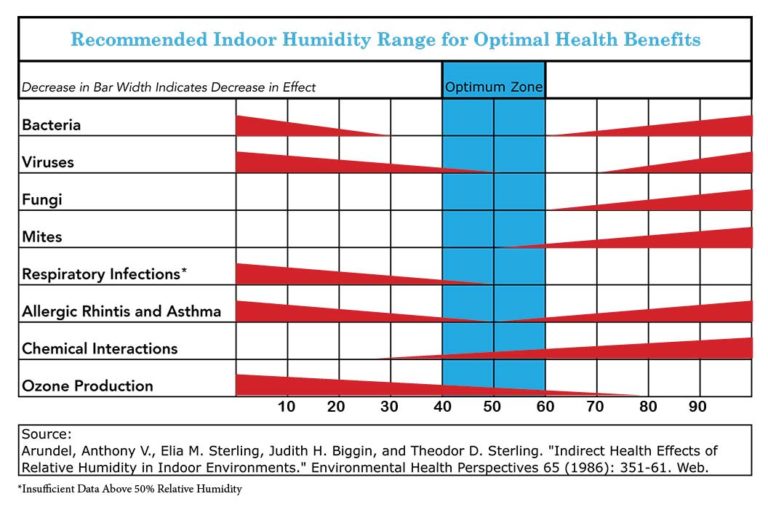What Is The Best Humidity Level For Home
.jpg?width=3508&name=Humidity level chart (1).jpg)
Finding Your Comfort Zone: What's the Best Humidity Level for Your Home?
Maintaining the correct humidity level in your home is crucial for comfort, health, and even the longevity of your property. Too much humidity breeds mold and mildew, while too little can dry out your skin and damage wooden furniture. This comprehensive guide will help you understand the ideal humidity levels for your home, how to achieve them, and what HVAC systems are best suited for the task.
Why Humidity Matters: Health, Comfort, and Your Home
Humidity refers to the amount of moisture in the air. The ideal range for indoor humidity is generally considered to be between 30% and 50%. Deviations from this range can have significant consequences:
- High Humidity (above 50%): Promotes the growth of mold, mildew, and dust mites, exacerbating allergies and asthma. Can also lead to condensation on windows and walls, damaging paint and structural elements.
- Low Humidity (below 30%): Dries out skin, nasal passages, and throats, increasing susceptibility to colds and other respiratory infections. Can also cause static electricity, cracking of wooden furniture, and damage to musical instruments.
Understanding Relative Humidity
The term you'll often hear is relative humidity (RH). This is the amount of moisture in the air expressed as a percentage of the maximum amount of moisture the air could hold at a given temperature. Warmer air can hold more moisture than cooler air, which means that the same amount of moisture will result in a lower RH at higher temperatures.
The Goldilocks Zone: The Ideal Humidity Range
As mentioned earlier, the sweet spot for indoor humidity is generally between 30% and 50%. However, the optimal level can vary depending on the season:
- Summer: Aim for the lower end of the range (30-40%) to prevent mold and mildew growth.
- Winter: Maintaining a humidity level of 40-50% can help alleviate dryness.
It's important to monitor humidity levels using a hygrometer, a relatively inexpensive device that measures RH. Many smart thermostats also include humidity sensors.
HVAC Systems and Humidity Control
Your HVAC system plays a crucial role in maintaining optimal humidity levels. Here's a breakdown of how different systems contribute:
Air Conditioners: The Dehumidifying Powerhouses
Air conditioners naturally dehumidify the air as they cool. When warm, humid air passes over the evaporator coils, moisture condenses and is drained away. The cooling process removes moisture, lowering the relative humidity. Key factors to consider when evaluating an AC for dehumidification include its BTU rating and whether it has a dedicated dehumidification mode.
Popular AC Brands and Models:
- Carrier: Known for high efficiency and advanced features. Look for models with the Infinity series, offering precise humidity control.
- Trane: Renowned for reliability and durability. Consider the XV20i variable speed AC for superior dehumidification.
- Lennox: Offers a wide range of options, including the Signature Collection with iComfort® smart thermostats for advanced climate control.
- Goodman: Often considered a budget-friendly option, Goodman still provides effective cooling and dehumidification.
SEER Ratings: The Seasonal Energy Efficiency Ratio (SEER) measures the cooling efficiency of an AC. Higher SEER ratings indicate better energy efficiency. Look for models with SEER ratings of 16 or higher for optimal energy savings.
Pricing: Central air conditioner installation can range from $3,000 to $7,000, depending on the size of your home, the complexity of the installation, and the brand and model you choose.
Furnaces: Minimal Impact on Humidity
Furnaces primarily provide heat and have a minimal impact on humidity levels. In fact, forced-air heating can sometimes dry out the air. If you live in a cold climate, you may need to supplement your furnace with a humidifier.
Popular Furnace Brands and Models:
- Carrier: Again, the Infinity series offers high efficiency and features like modulating gas valves for precise temperature control.
- Trane: The XV95 furnace is known for its variable-speed operation and efficient performance.
- Lennox: The SLP98DF model is a top-of-the-line furnace with exceptional efficiency and quiet operation.
- Goodman: Offers affordable and reliable furnace options for various heating needs.
AFUE Ratings: The Annual Fuel Utilization Efficiency (AFUE) measures the heating efficiency of a furnace. Higher AFUE ratings indicate better energy efficiency. Aim for models with AFUE ratings of 90% or higher.
Pricing: Furnace installation can range from $2,500 to $6,000, depending on the size of your home, the complexity of the installation, and the brand and model you choose.
Heat Pumps: Heating and Cooling with Humidity Control
Heat pumps provide both heating and cooling, making them a versatile option for many climates. During the cooling season, heat pumps dehumidify similarly to air conditioners. In heating mode, however, they can sometimes contribute to dryness, especially in colder climates.
Popular Heat Pump Brands and Models:
- Carrier: The Infinity series heat pumps offer excellent efficiency and features like Greenspeed® intelligence for optimal comfort.
- Trane: The XV18 heat pump is known for its variable-speed compressor and efficient performance.
- Lennox: The SL28XCV model is a high-efficiency heat pump with precise temperature and humidity control.
- Mitsubishi Electric: Specializes in ductless mini-split heat pumps, offering zoning and individual room temperature control.
SEER and HSPF Ratings: Heat pumps have both SEER and Heating Seasonal Performance Factor (HSPF) ratings. SEER measures cooling efficiency, while HSPF measures heating efficiency. Look for models with high SEER and HSPF ratings for optimal energy savings.
Pricing: Heat pump installation can range from $4,000 to $8,000, depending on the size of your home, the complexity of the installation, and the brand and model you choose.
Whole-House Dehumidifiers and Humidifiers
For more precise humidity control, consider installing a whole-house dehumidifier or humidifier. These systems are integrated into your HVAC system and can automatically maintain the desired humidity level throughout your home.
- Whole-House Dehumidifiers: Ideal for humid climates or homes prone to moisture problems. They remove excess moisture from the air, preventing mold and mildew growth.
- Whole-House Humidifiers: Perfect for dry climates or homes where heating systems tend to dry out the air. They add moisture to the air, alleviating dryness and improving comfort.
Popular Brands: Aprilaire, Honeywell, and GeneralAire are well-known brands for whole-house dehumidifiers and humidifiers.
Maintaining Your HVAC System for Optimal Humidity Control
Regular maintenance is essential for ensuring your HVAC system operates efficiently and effectively controls humidity. Here are some key maintenance tasks:
- Change Air Filters Regularly: Dirty air filters restrict airflow, reducing the efficiency of your HVAC system and potentially impacting humidity control. Replace air filters every 1-3 months, depending on usage and air quality.
- Clean Evaporator and Condenser Coils: Dirty coils reduce the system's ability to transfer heat and dehumidify the air. Have your HVAC technician clean the coils annually.
- Inspect and Clean Drain Lines: Clogged drain lines can prevent moisture from draining properly, leading to mold and mildew growth. Have your HVAC technician inspect and clean the drain lines annually.
- Schedule Regular HVAC Tune-Ups: Annual tune-ups by a qualified HVAC technician can ensure your system is operating efficiently and effectively.
Warranties: Protecting Your Investment
HVAC systems are a significant investment, so it's important to understand the warranty coverage offered by different manufacturers. Most manufacturers offer a base warranty that covers parts for a certain period (typically 5-10 years). Some manufacturers also offer extended warranties that cover labor costs. Registering your new HVAC system is crucial to ensure warranty validity.
Warranty Considerations:
- Parts Warranty: Covers the cost of replacement parts in case of failure.
- Labor Warranty: Covers the cost of labor for repairs.
- Compressor Warranty: Compressors are a critical component of air conditioners and heat pumps, so a longer compressor warranty is desirable.
Making the Right Choice for Your Home
Choosing the right HVAC system and maintaining the ideal humidity level is a crucial investment in your home's comfort, health, and value. By understanding the factors discussed in this guide and working with a qualified HVAC professional, you can create a healthy and comfortable indoor environment for years to come.
Remember to consider your climate, budget, and specific needs when selecting an HVAC system. Don't hesitate to ask questions and compare different options before making a decision. Properly installed and maintained, your HVAC system will provide years of reliable service and contribute to a healthier and more comfortable home.

